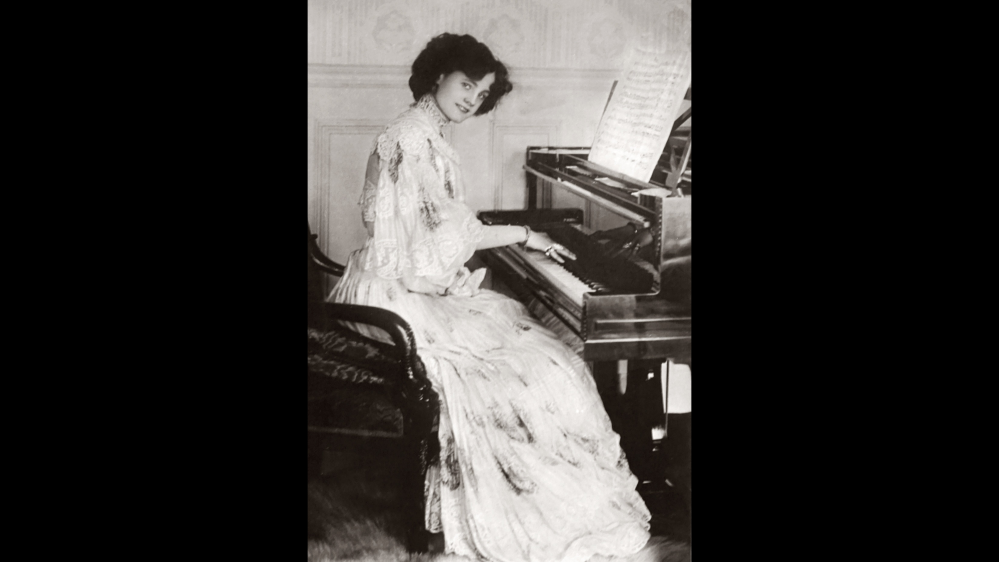Is Classical Music Elitist?
Liszt Institute, Treurenberg 10, 1000 Bruxelles
18.00 - 19.30, Tuesday, January 23, 2024
Performance from:
-
Andras Sarkozi, violinist. Watch his work here.
Speakers:
- Demeter Vincze Tekla, director of international affairs, MCC Transylvania; pianist
- Werner Patzelt, research director, MCC Brussels; cellist and choirrmaster
- Ivan Hewett, classical music critic, the Telegraph; author, Music: Healing The Rift; broadcaster; professor, The Royal College Of Music.
REGISTER HERE
Classical music has been historically associated with a certain level of cultural and intellectual refinement. Concert halls, formal attire, and the often-complex compositions can create an environment that may be perceived as exclusive or inaccessible to some. The repertoire itself, composed by masters like Mozart, Beethoven, and Bach, requires a degree of musical literacy to fully appreciate, further contributing to the perception of elitism. But at the same time, classical music listening is undergoing something of a renaissance. Across Europe, classical music is enjoying unprecedented popularity on streaming services and on new radio stations. And a variety of community orchestras and other initiatives are bringing participation to new audiences. Yet the art is still tarred by accusations of elitism, or, in the case of major composers like Bach of Beethoven, as being part of white supremacy and colonialism.
Certainly, concert halls and music organisations are bending over backwards to try and dispel the accusation of elitism. Outreach programmes, discounted tickets for disadvantaged groups, educational initiatives and including composers and performers from ‘diverse’ backgrounds are all the order of the day. But, perversely, in trying to make music more ‘accessible’, are these efforts simply serving to intensify the accusations of elitism? Do those tasked with celebrating the achievements of Western art effectively agree with their critics: the canon is too ‘pale, male and stale’ to inspire contemporary generations?
What is the real value of classical music? For decades, it was assumed that, because of its aspiration to true beauty, it was a universal art form that was in principle accessible to anyone with the ears to hear it. At the same time, schools and wider culture didn’t shy away from trying to transmit the tools needed to truly appreciate the finer points of classical music. Today, we are told that classical music is bound up with a very narrow, “white Western” sensibility – those who enjoy it are inevitably then a narrow elite. Do we need to recover the aspiration to univeralism in art, and beyond?
Join us for an engaging and thought-provoking event that delves into the heart of accusations that classical music is an elitist art form. A panel of historians, performers and educators will be joined by a live performance on violin by Andras Sarkozi. We will discuss, and consider whether the majestic compositions of Mozart, Beethoven, Bach or other masters are only intended for a select few, or if they can be heard, and enjoyed, by all.


